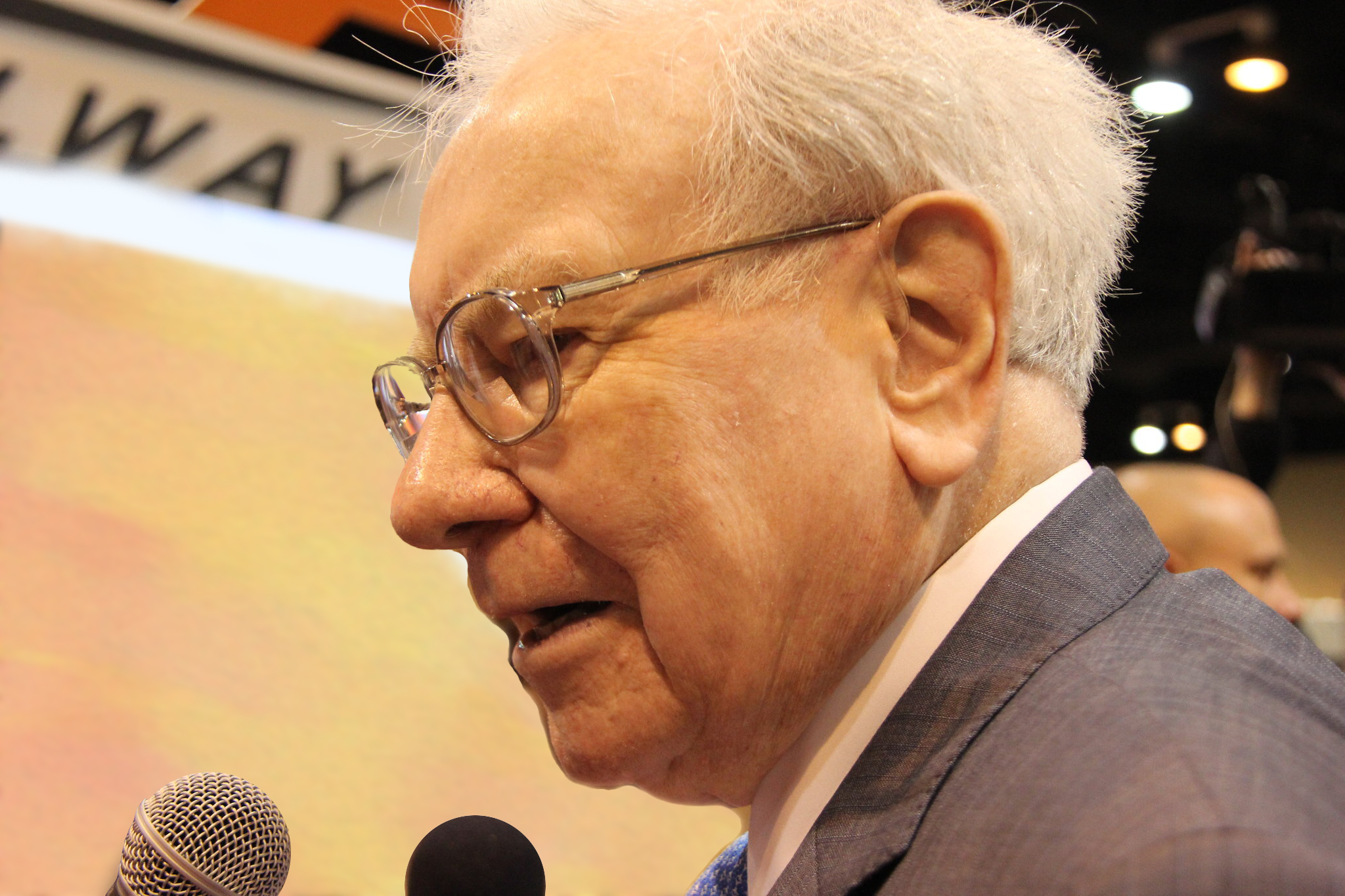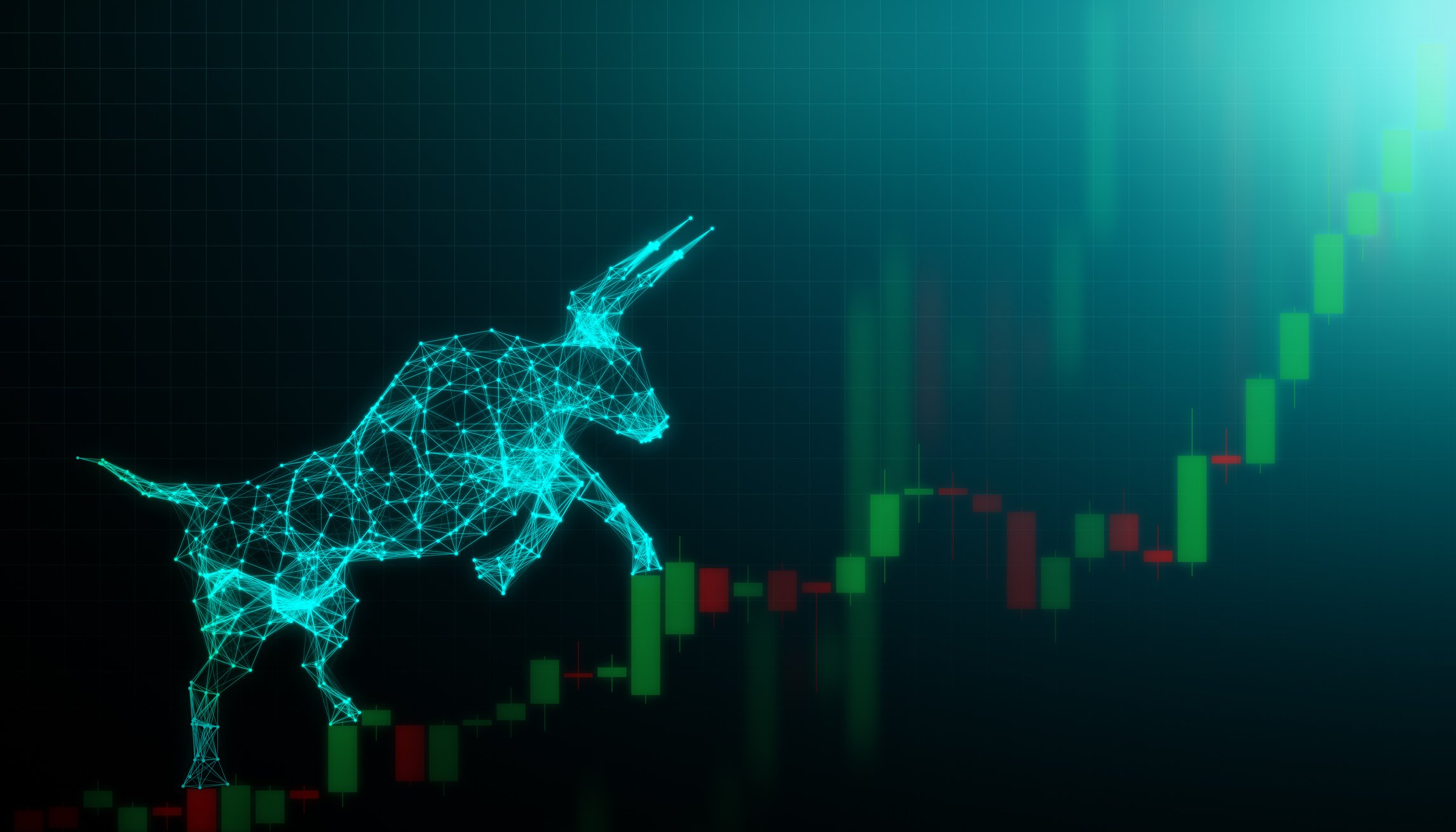At the end of 2025, Warren Buffett will step down as chief executive officer of Berkshire Hathaway (BRK.A +0.28%)(BRK.B +0.14%). Buffett has been the leader of Berkshire for more than 50 years, and his departure could have important long-term consequences for the business.
For now, Buffett remains in charge, meaning this quarter's earnings release occurred under his direct supervision. The results were largely as expected, but there were two surprises investors should be aware of.
1. Warren Buffett isn't excited about the U.S. stock market
For decades, Buffett has warned investors against trying to time the market. In general, the U.S. stock market has headed higher for more than a century.
Of course, any given day, week, month, or even year could be negative. But over time, U.S. stocks have shown an undeniable upward trend. By trying to time the market -- that is, by taking your money in and out of the market periodically -- you slowly stack the odds against you.
None of this means, however, that you can't become more or less defensive over time. If you're approaching retirement and already have enough capital saved, it could make sense to cycle your investments toward less risky assets like bonds.
If you're a stock picker like Buffett, you may also run into the problem of having too few ideas to fill a portfolio. From here, you have two choices: Invest the money anyway into assets you're not too wild about, or maintain a rising cash position despite your wish to remain fully invested. This challenge seems to be exactly what Buffett is dealing with at the moment.

NYSE: BRK.B
Key Data Points
This quarter, Berkshire reported a record cash position of $381.6 billion. The previous high was set earlier this year, with a first-quarter cash balance of of $347.7 billion.
Since Buffett is against market timing, this likely means only one thing: He can't find anything worth buying more of. This is further evidenced by Berkshire selling more stock than it purchased last quarter.
Put together, Berkshire's rising cash balance and net selling activity should make investors nervous about overextending themselves in current market conditions. But there's one other reason to worry that we will discuss next.

Image source: The Motley Fool
2. Even Berkshire Hathaway stock is no longer a safe investment
Buffett is clearly hesitant to invest in the stock market. But surprisingly, he's also nervous about investing in Berkshire Hathaway via share repurchases. During the past six years, he has repurchased nearly $80 billion worth of the stock, making it one of his biggest investments during that time period. But this past quarter, Berkshire made no share repurchases.
Buffett is a big fan of buying companies that you understand. "Never invest in a business you cannot understand," he is fond of saying. He also urges investors to take advantage of opportunities when they arise. "Don't pass up something that's attractive today because you think you will find something better tomorrow," he has said.
Putting these two statements together creates a concerning picture for investors. Buffett likely understands Berkshire better than any other business. Yet he refuses to direct any of its mounting cash pile back into the business.
Only one conclusion can be drawn: Buffett doesn't think Berkshire stock is undervalued. In fact, he likely doesn't even think Berkshire shares are fairly valued.
"Today people who hold cash equivalents feel comfortable. They shouldn't," he has also said in the past. "They have opted for a terrible long-term asset, one that pays virtually nothing and is certain to depreciate in value."
Buffett clearly isn't a fan of holding cash. Yet he's holding a record amount of it, and he refuses to put more into the stock market. He even refuses to put it back into Berkshire company through stock buybacks.
No one knows where markets are headed next, but Berkshire's latest quarterly results should send shock waves of caution and concern throughout the investing universe.






